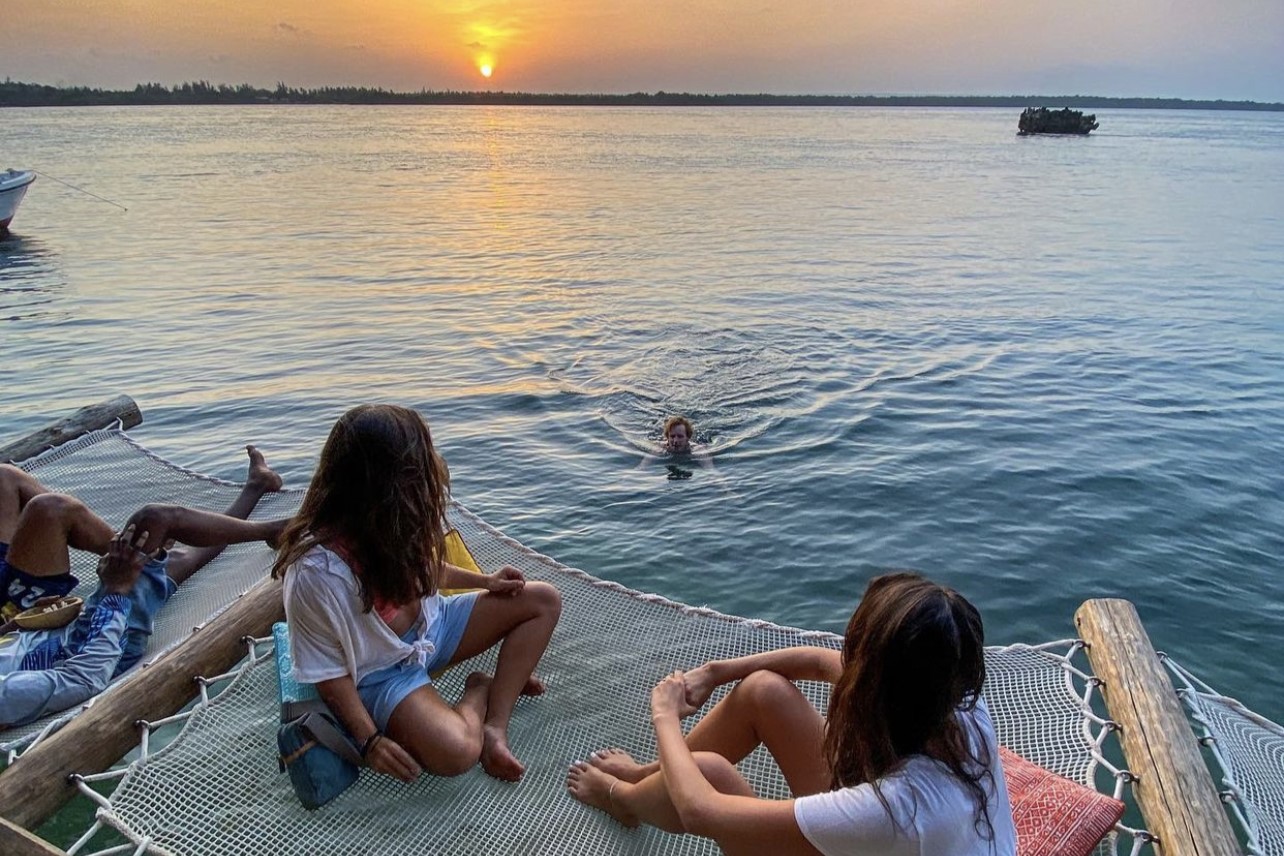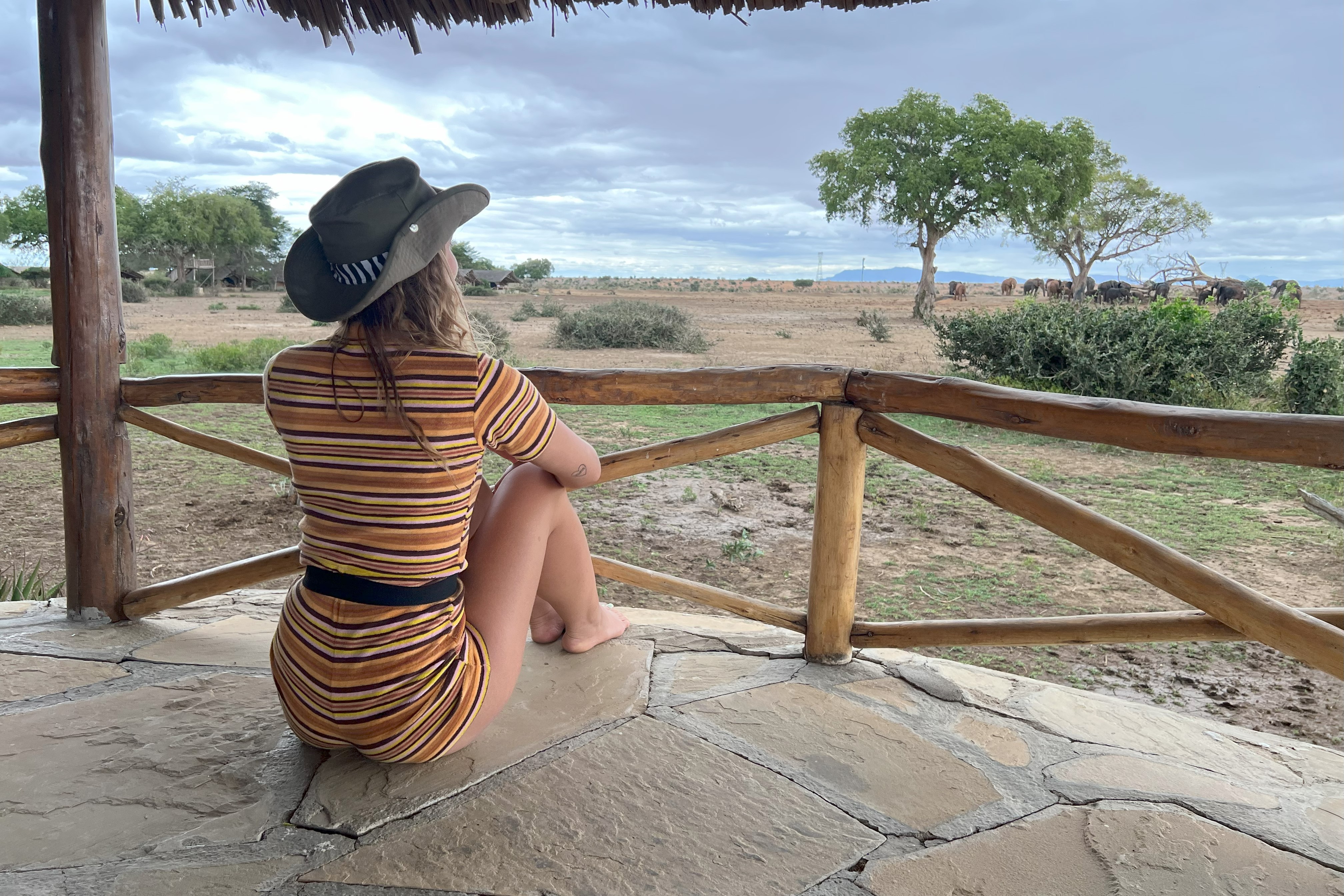News
Watamu, Kenya A Bucket List Destination
An ancient proverb in Kenya advises, "Treat the earth well: it was not given to you by your parents, it was loaned to you by your children." This proverb can be seen in Kenya's values; their constitution even says they must be “Respectful of the environment, which is our heritage, and determined to sustain it for the benefit of future generations”.
We're so excited to bring you our bucket list Kenya Edition, inviting you on a once-in-a-lifetime journey. Our base is the stunning Saba Saba Villa, a beautiful hilltop villa in Watamu village with a private pool, gardens and spacious living, lounging and working areas. This remote work paradise has luxurious rooms, a private pool, and a huge outdoor patio - a perfect location to escape the busy city life.
Watamu, translating to the "home of the sweet people" in Swahili, welcomes visitors seeking relaxation and exploration.
What not to miss:
Watamu is one of the best places in the world for kitesurfing!
Embark on snorkeling adventures to Malindi Marine Reserve Park and see the amazing wildlife.
Witness pods of humpback whales pass by Watamu between July and September.
Visit the ruins of the 12th-century Swahili city of Gedi just 7km from Watamu.
Explore the mangrove forests of Mida Creek by canoe.
Relax on the long, white sand beaches or dive into the waves of the Indian Ocean.
The Watamu National Marine Park and Reserve has over 1,000 fish species and vibrant coral reefs.

Get ready for the peak of your adventure with our additional Maasai Mara Safari experience. One of the world’s most famous wildlife areas, dubbed ‘The World’s Eighth Wonder’. Stretching 1,510 sq km, the Maasai Mara National Reserve is known for the highest concentration of wild animals globally, with over 95 species of mammals and over 570 recorded species of birds.
The Maasai Mara is home to the Big 5 animals - the African elephant, lion, leopard, Cape buffalo, and rhinoceros. If you visit the Maasai Mara in July-October, you’ll witness the Great Migration of 1.5 million wildebeests.

There are countless community conservancies and Maasai villages in the reserve. The Maasai people have 'historically depended on their cattle' and their herding practices are key to their cultural identity. With the arrival of safari organizations, they were no longer allowed to graze their cattle which led to the Maasai leaders creating several wildlife conservancies.
Facts about the Maasai people:
Both men and women shave their heads to celebrate fresh starts and new chapters in life.
The Maasai’s music is vocal except for the large horns used for a few songs.
Adumu, also known as the Maasai jumping dance, is a type of dance that the Maasai people practice.
There are over 1 million Maasai people living across Kenya and Tanzania.
The Maasai language called ‘Maa’ is a mainly spoken language and the name ‘Maasai’ itself means ‘people who speak Maa’.
As their language is a spoken one, they have carried their history down through oral tradition for centuries.
Join Noma for a genuine bucket list experience that combines work with wonder, leaving you with memories that last a lifetime.

Blogs You Might Be Interested In

Part II of our 2026 Calendar Is Finally Here
Are you ready to take your remote work game to the next level?

Part I Of Our 2026 Calendar Is Finally Revealed
2026 marks 5 years of Noma! To celebrate this milestone, we’ve packed our calendar with fan-favorites, brand-new locations and even some extra special themed Editions...

The Best Time To Visit Oaxaca As A Digital Nomad
If you want to experience truly authentic Oaxacan culture, make sure you plan your trip during July for La Guelaguetza festival; one of the most iconic cultural events in Mexico.

